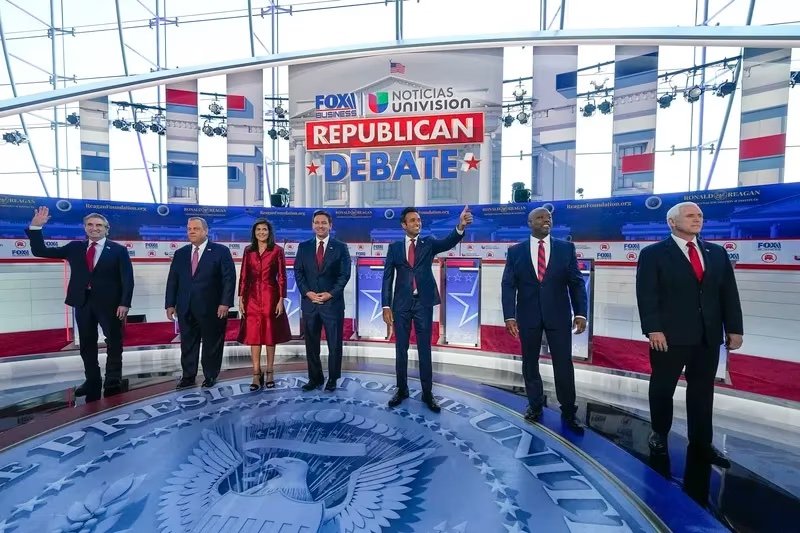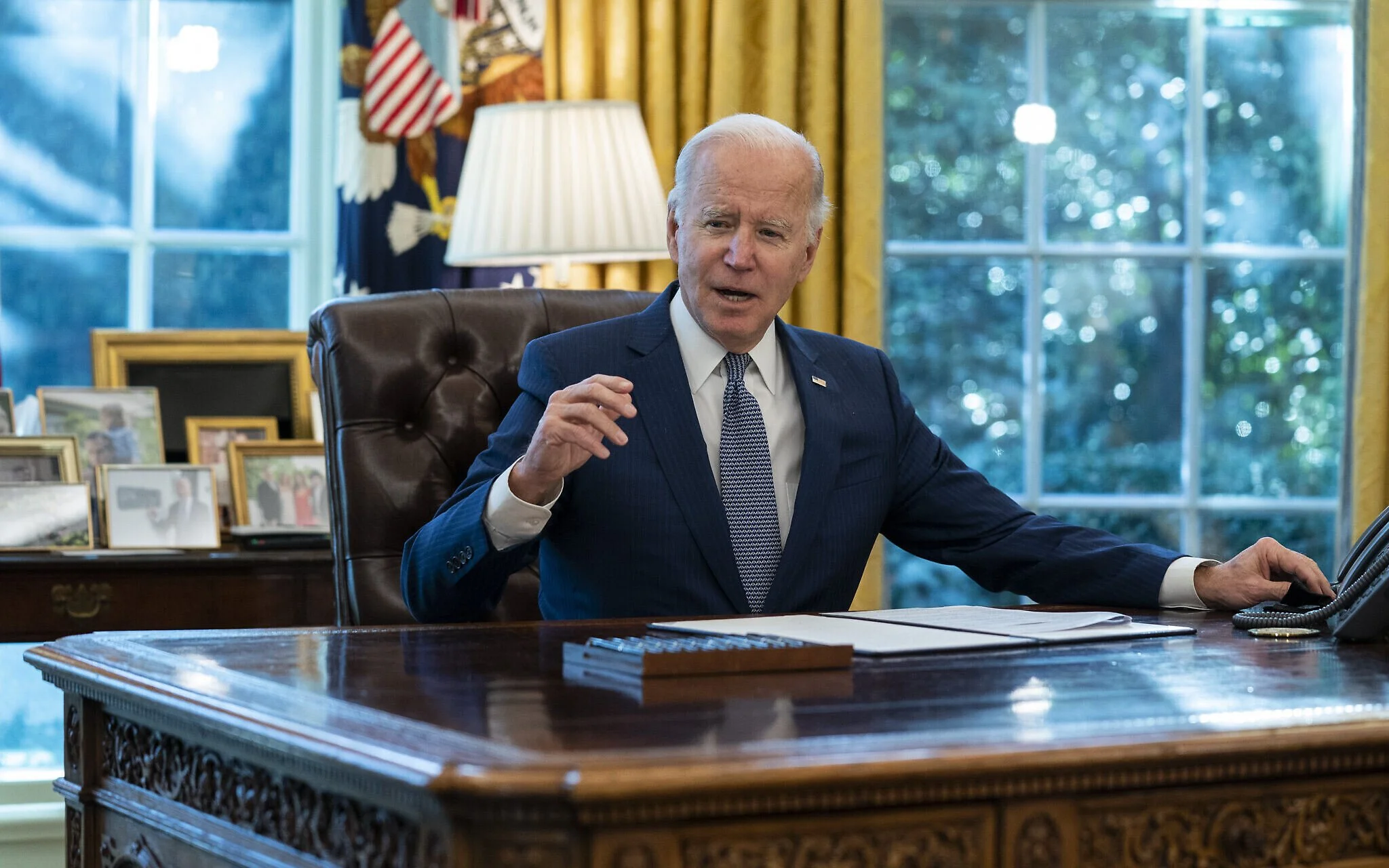As New York City Mayor-elect Zohran Mamdani and President Donald Trump converged on the White House last week, onlookers braced for a collision worthy of an unstoppable force meeting an immovable object. Yet what happened instead was a remarkable showing of bipartisanship—one that each and every one of us can learn from.
Student free speech is under attack. In October, administrators at Indiana University pulled all news content from the student paper’s homecoming edition. It is one of many instances of censorship and self-censorship.
In a sweeping generational uprising, under-28 Africans—often described as “Gen Z”—have taken to the streets in multiple countries, signaling a rapidly emerging challenge for governing elites and the legitimacy of existing democratic institutions. The youth-led protests, particularly in Madagascar and Morocco, reveal not just frustration over public services but a deeper crisis of governance and trust.
In late July 2025, the long-dormant border conflict between Thailand and Cambodia exploded into open warfare after a land-mine blast near the sacred Hindu temple of Ta Muen left Thai soldiers wounded. The ensuing artillery exchanges marked the gravest fighting between the neighbours in years.
As debates over human rights, sovereignty and global accountability intensify, the United States’ decision to skip its own UN review raises unsettling questions: who gets to define human rights norms, and what happens when the system’s most powerful actors refuse to participate?
If there is one thing Americans can agree on, it’s that they do not like the Democratic Party right now. As Democrats desperately navigate having their worst favorability rating in thirty years, two state lawmakers offer a way out.
It is rare to hear a governor beg for a lawsuit, but Governor Jeff Landry of Louisiana recently got exactly what he asked for in response to the Louisiana Ten Commandments bill. The new law requires that every classroom in the state display an 11x14 copy of the moral law, or larger if the district feels particularly eager to disregard the first amendment.
It is easy to assume that in politically tumultuous times those whose ideals do not align with the ruling party may suffer adverse mental health effects; however, the rise of #RaptureTok may show that this decrease in mental health could, in actuality, be nationwide, rather than based on partisan lines.
On Oct. 14, 2025, former Secretary of State Hillary Clinton returned to Georgetown’s campus to recognize the efforts of women across the globe who are fighting to safeguard democracy. The annual Hillary Rodham Clinton Awards were hosted by the Georgetown Institute for Women, Peace, and Security.
Last Thursday, Georgetown heard from not one, but two former Secretaries of the Treasury: Steve Mnuchin, who served in the first Trump administration, and Jack Lew, who held the role during Obama’s second term. The discussion, moderated by Meg Kinnard (SFS ‘02) of the Associated Press - centered around America’s current fiscal challenges, and how they might be solved.
Last Wednesday, the GU Politics Living Room played host to Tom Tugendhat, Conservative Member of Parliament in the United Kingdom, former Minister of State for Security and a two-time candidate for Prime Minister. Tugendhat’s off-the-record discussion with Georgetown students was on the topic of “Politics, Populism, & Democracy: A View From Abroad”.
Since the first Tuesday of the new year, Americans have been busy electing state-level and local officials across the country, including in Iowa, Minnesota and Oklahoma. After looking at these results, we’ll examine some of the key races upcoming in Delaware, Iowa, Louisiana and Wisconsin.



















